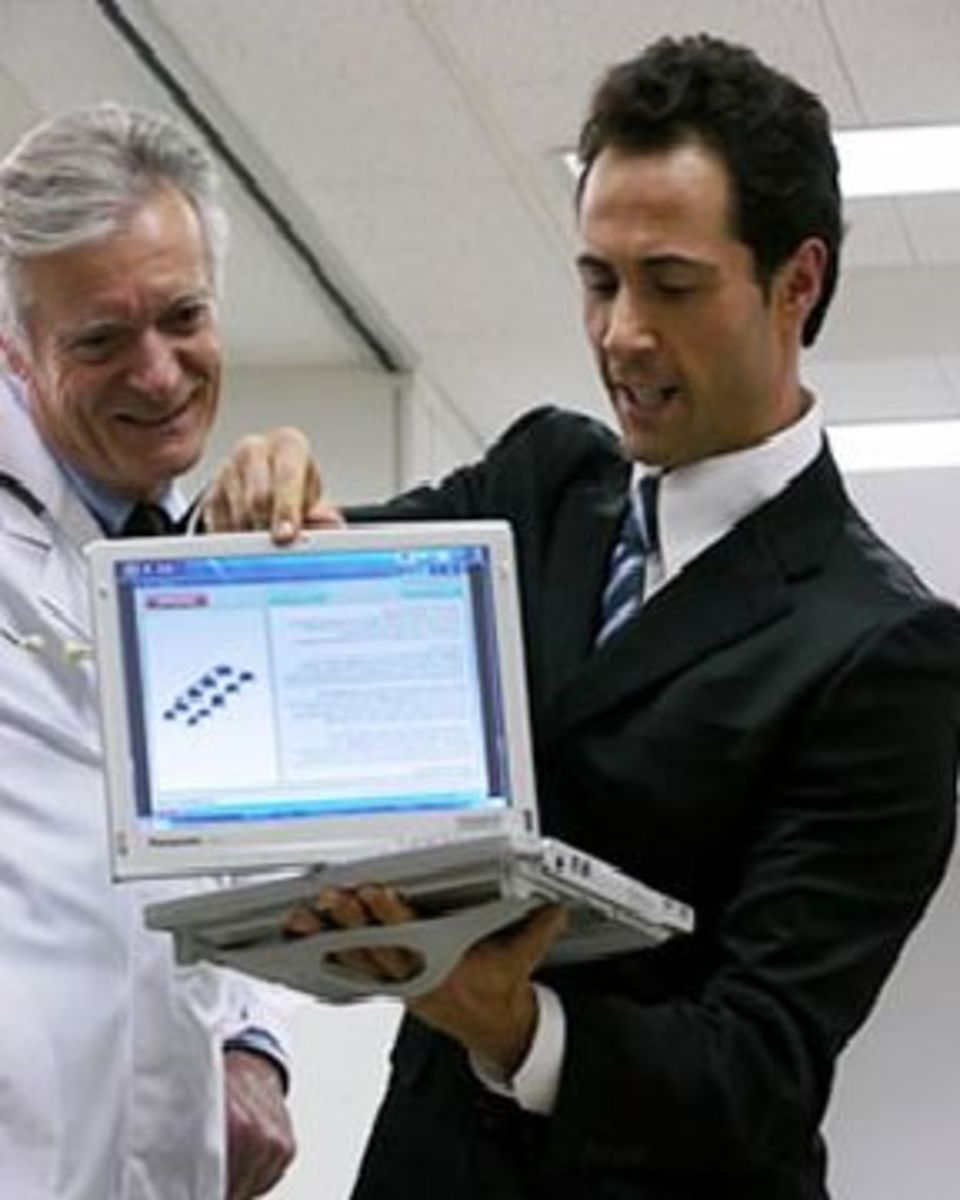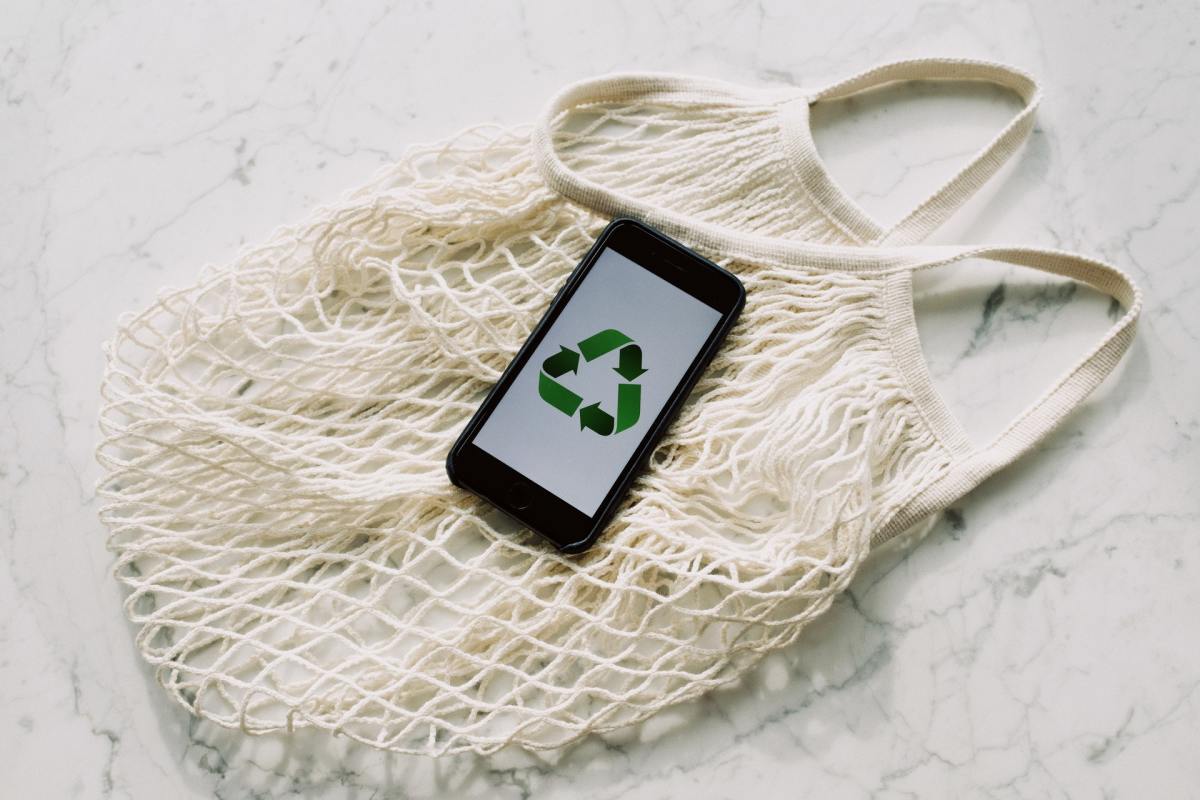Planned Obsolescence
The Secret is out
For many years big business corporations have tried unsuccessfully to keep secret a policy they have to build in a lifespan into their products. Until recently companies did not see that it was in their interest to build products that last forever. If they did sell a product that never wore out or broke they would quickly run out of customers. This was the bankrupt values that business secretly harbored while at the same time espousing the ‘value’, ‘excellence’ and other benefits of their products.
Nowadays few people are fooled and they are tired of in-built or planned obsolescence. Products that are designed with a limited lifespan come under a number of categories.
Books About Planned Obsolescence
Types of in built obsolescence
Technical / Functional Obsolescence
This is when a lifespan is designed into a product. Parts are made to
specifications that are designed to break or stop working after a
certain period of time. To compliment this tactic companies make new
parts prohibitively expensive to discourage people from trying to
replace parts. Finally, a company will simply stop making new parts to
make sure consumers buy another product.
Similarly there is planned functional obsolescence where a company
promotes a certain product (for example video tape) while at the same
time developing new replacement technology (such as DVDs) that offer
better quality and will force people to switch over to a new product and
possibly a new medium at great expense.
Systemic Obsolescence
This is a new type of planned obsolescence where a product is designed
with limited compatibility in mind. This is frequently the case with
computer software. You buy a software program that is compatible with
Windows XP and then after a few years you get Windows Vista and
surprise, surprise that software you bought doesn’t work on the new OS.
Hardware developers are often reluctant to make their new products
‘backwards compatible’ for this lucrative reason. Similarly if a company
pulls the plug on service support and updates software becomes defunct.
Style Obsolescence
This is a clever type of planned obsolescence. If a product is marketed
as very fashionable and ‘now’ you are guaranteed that in a few months it
will be very unfashionable and ‘yesterday’. Good examples of deliberate
fads created by marketers include Cabbage Patch Kids, Ninja Turtles and
Pet Rocks.
Style obsolescence is obviously the mainstay of the fashion industry. It
is an industry that blatantly introduces new fashions to make their
previous products obsolete and ‘uncool’. No industry has been as
successful as fashion in exploiting planned obsolescence for big money
gains. They have refined the system by something called ‘riding the
fashion cycle’. This is when a new style is first pitched to the top
income brackets and then as it is falling out of fashion in these
socio-economic groups it is pushed at the next socio-economic group down
and so on. Thus the ethos of planned obsolescence is maintained but a
product’s overall fashion life span is increased to maximize profits.
Notification Obsolescence
This is planned obsolescence where you are told that the product needs
changing or replacing such as water filters that warn you that they need
changing. Most immoral are inkjet printers which use proprietary smart
chips in their printer cartridges to stop you using the cartridge
anymore despite their still being ink left in the cartridge.
What is the answer?
Planned obsolescence leads to a waste of resources, pollution and the unnecessary expenditure of money. There is very little good that can be said for it. Of course innovation can make previous products obsolete but the innovation must be real and not superficial.
The only answer is to choose your products carefully and avoid companies with a bad track record. Sometimes there is a way round notification obsolescence. You can refill ink cartridges many times with a cheap refill kit. You can re-set the integrated circuit of lithium batteries to allow you to recharge them more. Research can often reveal ways to by-pass the tactics of in-built obsolescence.
Another tactic is upcycling. This is a form of recycling where the product is used to make something of greater worth.
And finally there is suing. In the UK planned obsolescence in a product is a breach of consumer rights. A good example of this is the Apple Click Wheel on its iPod which was found to fail just outside of its warranty period. In 2006 a consumer took a shop to court over a click wheel failure. The case was settled out of court. Suing brings bad publicity to companies and affects their market share. Apple has had a series of allegations and cases against it. They have a hard line about not giving refunds outside of warranty periods. It is hoped that the bad publicity will make people realize that Apple doesn’t make better products. Consumers have been duped by placement ads etc. for too long.
It is no surprise that more people are just simply turning their backs on morally bankrupt corporations and opting to illegally download software, movies and music. Companies such as Apple don’t care about the consumer, why should the consumer care about their bottom line?
Vance Packard in the The Waste Makers describes planned obsolescence as "the systematic attempt of business to make us wasteful, debt-ridden, permanently discontented individuals."
Credits
Credit must be given to Wikipedia for providing me with much useful information for this article.
See:
Other Challenging Hubs
- What are Green Roofs
Green roofs or living roofs have been around for hundreds of years. In Scandinavia one traditional form of roof has been the sod roof where a house is half buried and turf is put on the sloping roof. By... - The Dream of the Sustainable House
Wikipedia states that 40% of fossil fuel consumption in America and the European Union goes into heating/cooling and powering houses. This is the very opposite of sustainable. - Notes on Sustainable Design
If you imagine a sustainable forest you will understand the notion of sustainability better. In a forest that is sustainably managed trees are selectively cut down at a rate that does not negatively impact on the health or area of the forest. - VOCs in the Home
Did you imagine that your perfume or dry cleaned clothes were making you sick? - The Importance of Re-Purposing
Imagine the world suddenly stopped producing new consumer items tomorrow. How would we survive? The answer is by re-purposing and upcycling. - Water Supply Crisis
1.3 billion people have no access to clean water and 2.5 billion lack adequate sewage or sanitation. The demand for water doubles every 20 years. At this rate, demand for fresh water will outpace supply by 50% in less than 20 years. - What is Green Interior Design
Green interior design is about what is good and what is bad for peoples health, for the environment and for saving energy. Of course fashion is a big part of green interior design BUT it is not the most important thing. - Are Feed-in Tariffs A Good Idea?
Since April 1st, 2010 people living in the UK are entitled to take advantage of a scheme that makes installing solar panels on your house or a wind turbine on your property much more affordable. - The Truth About Coconut Oil and Saturated Fats
Well its been 30 years since the developed world fell in love with polyunsaturated fats and hydrogenated oil, and has the expected decline in obesity, heart disease, cancer and diabetes happened? No. - Conflicting Green Issues
For all the publicity and media attention this serious topic engenders it is hard to clearly find either a definition ofgreen actionor a clear and scientific set of criteria with which to judge the greenness or un-greenness of a product or process. - Why Do So Many People Have Allergies
When I was a child I remember very few people had allergies or asthma. Now it seems everyone around me has either an allergy. - Act Now To Stop Another Oil Spill Disaster
Watching the scenes of the devastating oil spill in the Gulf of Mexico has surely made many people realize the risks and hazards the world faces in maintaining its present addiction to oil consumption. - The Problem With Trying to Legislate a Revolution
The most important ideology to emerge over the last few years is environmentalism. The Green movement has progressed since the early 1980s when the first successful Green party appeared in Germany. - Buy A Vuvuzela If You Want
If you have only watched a minute of The 2010 FIFA World Cup you will have noticed the constant droning sound made by the Vuvuzela. A vuvuzela is a long horn. - Why DJs should play vinyl and not use computers
Over the past couple of years more and more DJs have converted to using computers to mix with. It's boring and should be outlawed from all serious clubs immediately. - Why Would You Want To Buy A Cheap Kindle
Until recently I belonged to the majority of book lovers in the world who considered the Kindle electronic book reader a blasphemy? I love reading books. Ive read nearly every day of my life since I was in my teens. - How To Deal With UPVC Windows Sales Reps
Everybody has heard about or read about someone being harassed and harangued by a door to door salesman more often than not selling uPVC windows.









